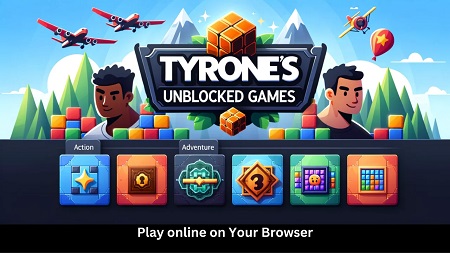
Introduction to Spelling Words by Grade Level
Spelling is a fundamental skill that helps children communicate effectively and enhances their reading abilities. As children progress through school, the complexity of spelling words increases significantly. This article provides a detailed breakdown of spelling words by grade level, along with strategies for teaching these words effectively. Additionally, we’ll include frequently asked questions to further assist parents and educators.
Spelling Words by Grade Level
Kindergarten
In kindergarten, the focus is on introducing letters and simple sight words. Common spelling words for this grade level include:
- Basic Words: cat, dog, run, big, see
- Sight Words: the, and, to, in, is
1st Grade
As children progress to 1st grade, they begin to combine letters to form simple words. Common spelling words include:
- CVC Words: hat, mat, sit, fan, bed
- Sight Words: I, can, it, at, he
2nd Grade
In 2nd grade, students expand their vocabulary with more complex words. They begin to learn about blends and digraphs. Common words include:
- Blends and Digraphs: stop, swim, chart, ship, plan
- Sight Words: said, where, who, they, one
3rd Grade
By 3rd grade, students should be able to spell longer words and understand syllables. Common spelling words include:
- Longer Words: family, happy, beautiful, school, animal
- Sight Words: because, could, should, would, write
4th Grade
In 4th grade, students encounter more advanced vocabulary and words with multiple syllables. Common words include:
- Multi-Syllable Words: important, interesting, finally, celebrate, dictionary
- Sight Words: before, after, during, between, although
5th Grade
By 5th grade, students are expected to master a wide range of words, including those derived from other languages. Common words include:
- Challenging Words: achievement, environment, independence, necessary, science
- Sight Words: among, through, separate, usually, various
6th Grade and Beyond
In 6th grade, students delve into even more complex words, including those found in academic texts. Common words include:
- Advanced Vocabulary: accommodate, collaboration, hypothesis, phenomenon, substantial
- Sight Words: adapt, analyze, evaluate, function, respond
Teaching Strategies for Spelling Words
- Use of Phonics: Teach children the sounds associated with letters and combinations to help them decode new words.
- Flashcards: Create flashcards with spelling words for regular practice and reinforcement.
- Word Games: Incorporate games like Scrabble or Boggle to make learning fun and engaging.
- Spelling Tests: Regular spelling tests can help track progress and identify areas for improvement.
- Contextual Learning: Encourage reading and writing exercises that incorporate spelling words to reinforce learning.
Frequently Asked Questions
1. How can I help my child with spelling at home?
Engage in regular practice with flashcards, reading together, and playing word games. Encourage your child to write stories using their spelling words.
2. What are sight words, and why are they important?
Sight words are commonly used words that children should recognize instantly to improve reading fluency. Mastery of these words enhances overall reading comprehension.
3. How can I make spelling practice more engaging for my child?
Incorporate fun activities like word hunts, spelling bees, or art projects where they create visual representations of their spelling words.
4. Are there resources available for spelling practice?
Yes! There are numerous online resources, apps, and workbooks dedicated to spelling practice at various grade levels. Websites like Education.com and SpellingCity.com offer interactive games and exercises.
5. How often should my child practice spelling?
Regular practice is key. Aim for short daily sessions rather than long weekly ones. Consistency helps reinforce memory and understanding.
Conclusion
Spelling words by grade level provides a structured approach to enhancing your child’s spelling skills. By focusing on age-appropriate words and employing effective teaching strategies, parents and educators can significantly contribute to a child’s literacy development. With patience and practice, mastering spelling can be a rewarding journey!



